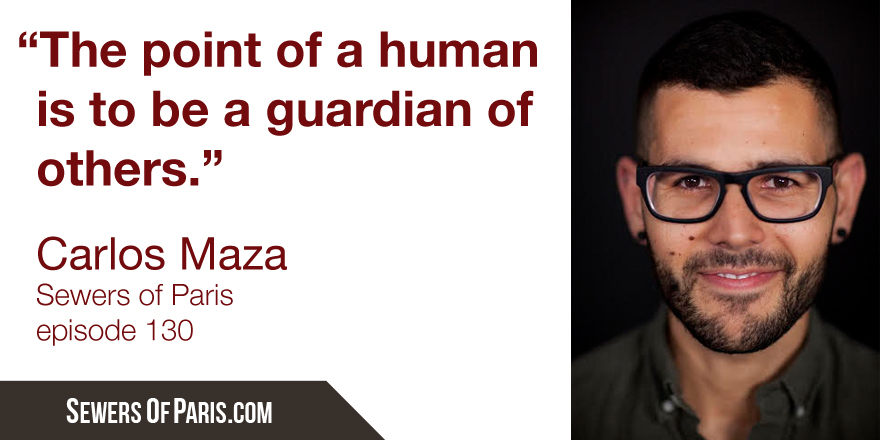This Week's Guest: Eric Marcus
Is it a problem that there's "sex" in "homosexual"? My guest this week is Eric Marcus, a writer and journalist who often found himself called upon to represent the model gay man on shows like Good Morning America and The O'Reilly Factor. For years, Eric strove to put across an image of respectability and harmlessness. But these days, as the creator and host of the excellent podcast Making Gay History, and he's ready to share the pieces of our past that are enough to make anyone blush.
This Week's Recommendation: Free to be You and Me
Big thanks to Eric for joining me. Check out his podcast, Making Gay History, for absolutely spellbinding interviews with the people who shaped the queer world that we inhabit today.
The more I listen to his show, the more I note just how pivotal the sexual revolution was in queer liberation. America entered the sixties uptight and anxious, and emerged into the seventies not quite understanding how to talk about sex, but at least eager to try.
And that newfound openness even extended to the way that gender was explained to children. For my recommendation this week, take a look at the 1972 project Free to Be You and Me. It is incredibly cheesy by modern standards, but unless you are completely cynical I think you'll be won over by its adorably earnest sincerity.
Free to be You and Me is an album, book, stage play, and TV special, created by Marlo Thomas to encourage kids to look beyond gender stereotypes. Through various folksy songs and stories, children are told that it's ok to cry, that boys and girls can grow up to be whatever they want, and that it feels good to like who you are no matter what you are.
To call the songs heavy-handed is putting it mildly. They basically bludgeon you with their message of tolerance. But consider the climate in which it was made. In the early 70s, gender roles were so entrenched that any message of equality HAD to be radical and impassioned to be heard. It's why Free to be You and Me has endured, and it's why we remember Stonewall.


















